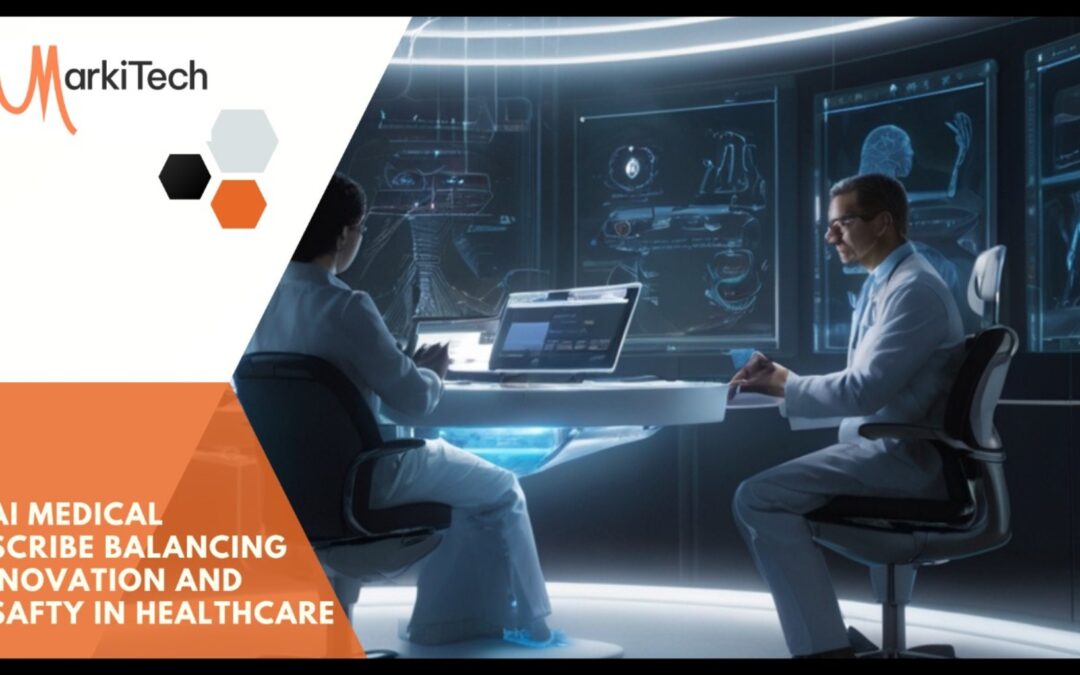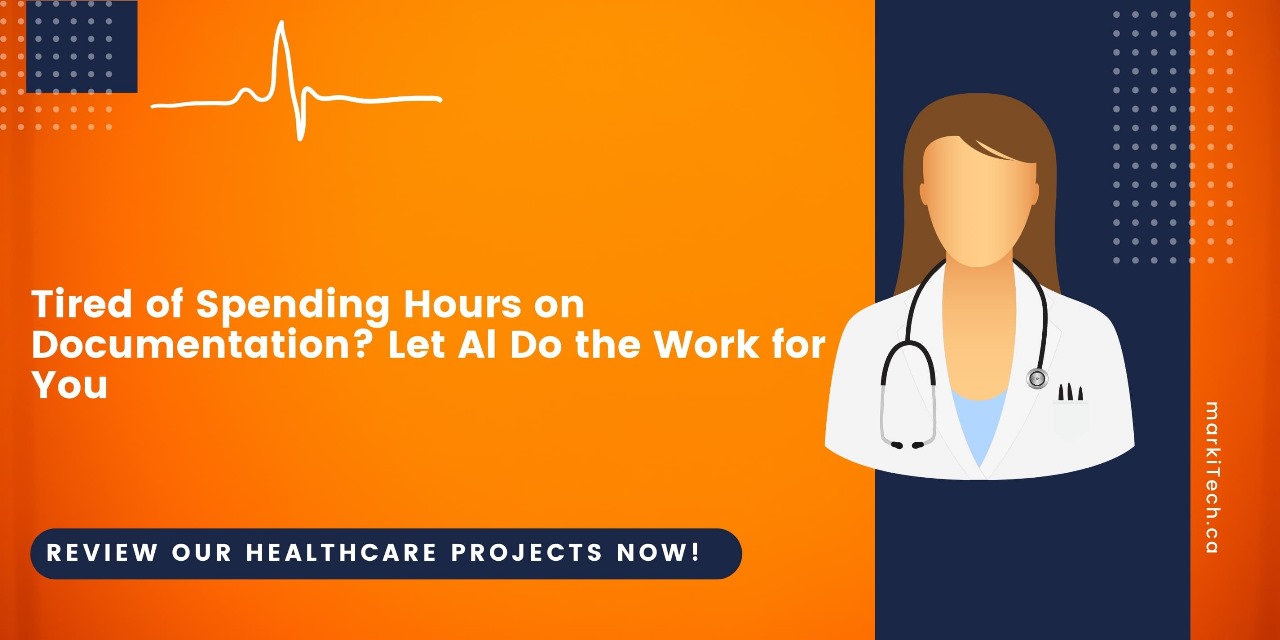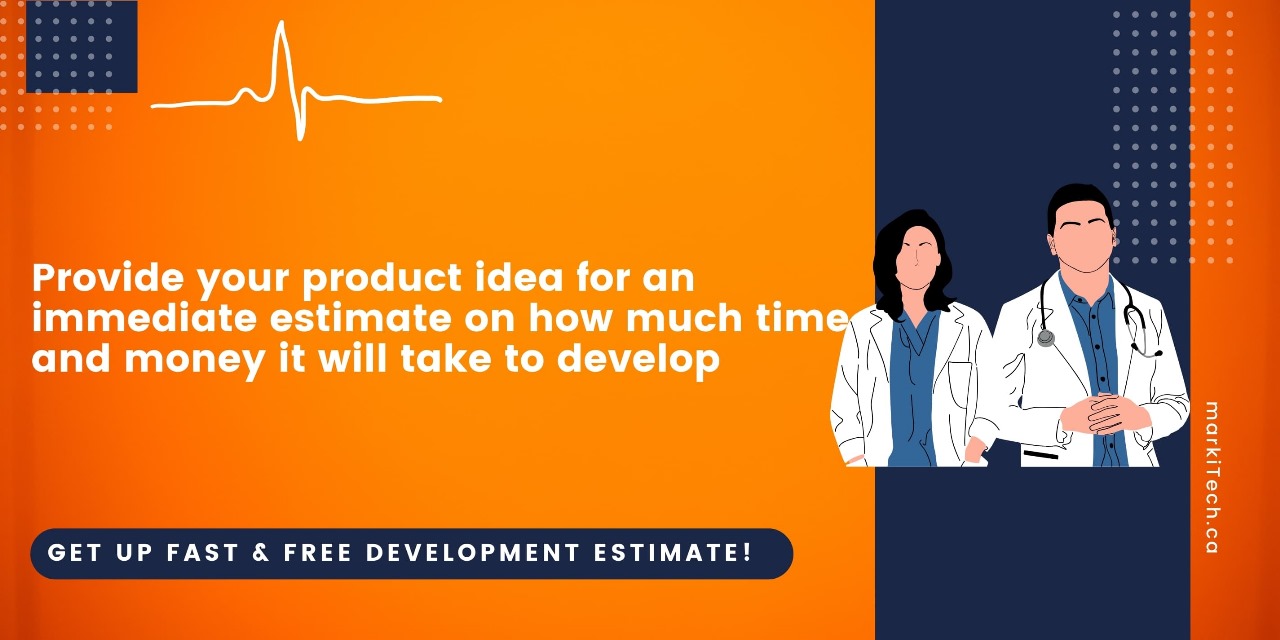Introduction:
The healthcare industry has gone through a few revolutionary changes in the integration of Generative AI, particularly regarding medical scribing. We at CliniScripts lead this transformation, leveraging Large Language Models to do medical consultations with transcription and summaries. While that seems promising, the technology will surely make a big difference to augment efficiency and patient care; it also raises some very pertinent questions on accuracy and safety.
The Promise and Pitfalls of AI Medical Scribes Documentation
The possibilities for AI-powered medical scribes are immense. They promise to:
Free up time for physicians, which can be utilized more constructively for patient interaction
Create complete and structured medical notes
Enhance the overall efficiency in the delivery of healthcare
But with every leap in healthcare technology, there is a reason to approach such novelty with equal measures of excitement and wariness. A recent study from the University of Massachusetts pointed out a few operational concerns, especially with a phenomenon in AI systems referred to as “hallucinations.”
Understanding AI Hallucinations
AI hallucinations are when an AI system produces information that had never existed during the training of that system. In medical writing, this could lead to the following:
- Fabrication of health record information
- Omission of important patient information
- Distortion of vital medical information
The UMass study put numbers on these risks for systems built on state-of-the-art models such as GPT-4 and LLama-3, and really good context to the challenges facing us.
CliniScripts’ Approach to Mitigating Risks
At CliniScripts, we are aware of these gaps and have, therefore, adopted a multi-layered strategy to ensure maximum accuracy and safety with regard to our AI Scribe Solutions:
Improved Quality of Data:
We use high-quality, domain-specific data sets to train our models so that the learnings are rooted in factually correct medical knowledge.
Intense Fact-checking:
Our systems are designed to automatically fact-check the outputs against verified medical databases.
Human-in-the-Loop Processes:
We integrate reinforcement learning with human feedback: active and continuous involvement of medical experts in training and refinement.
Contextual Understanding:
Our AI is designed to understand the fine nuances of medical contexts, reducing the possibility of the AI generating information that is irrelevant or wrong.
Transparent AI:
We give prime importance to model interpretability. By knowing how our AI comes to conclusions, users are more prepared to find potential inaccuracies and make the necessary corrections.
Controlled Generation:
Constrained Decoding and Retrieval-Augmented Generation are some of the advanced techniques we use to have our AI outputs closely aligned with validated medical information.
Specialized Fine-Tuning:
The domain-specific, intense fine-tuning of our models helps align them closely with the intricacies of medical documentation.
Human Oversight
While we are proud of the progress we have made in AI safety, we strongly believe that AI should enhance and not replace human expertise in healthcare. That is why we strongly believe in and support clinician review of all AI-generated notes before those notes are finalized. This approach is in line with recent safety advisories, including guidance from Australian healthcare authorities.
As Dr. Matt Libby, DO, FAAFP, so eloquently put it:
“I understand the concern, but in practice, my experience has been overwhelmingly positive compared to self-documentation or voice dictation. The AI summaries have been of comparable quality to a 3rd or 4th year medical student note. I read every word that the AI writes and I edit it. But even after visits where I must edit heavily, it still comes out as a great note and I save a bunch of time. And-most importantly-it allows me to focus my entire attention on the patient during the visit, without worrying about documenting while I’m listening. I don’t want to ever go back.”
Conclusion
We continuously improve and innovate at CliniScripts. Other protective means-ones that are practical and additional-should be considered to further reduce the risk of hallucinations and further enhance the accuracy of the AI Medical Scribes. Our pursuit is to construct a system that will meet, if not excel, the high standards required in medical documentation.
We believe that with responsible development, rigorous testing, and a commitment to human oversight, AI medical scribes have the potential to revolutionize healthcare documentation and free up healthcare providers for what matters most: patient care.
As we further progress, the key issues remain transparency, safety, and good collaboration with healthcare professionals and regulatory bodies. We are developing the technologies, but most importantly, we’re shaping up the future of healthcare documentation-true to our steadfast commitment to accuracy, efficiency, and patient safety.
For more information on how our AI solutions can transform your learning experience, visit us website or contact us today. Embrace the future of healthcare education with AI – because your knowledge and skills are crucial to delivering the best care possible.
- Top 7 Game-Changing Staff Augmentation Strategies in Healthcare
- Integrating AI into Healthcare CRM Systems
- AI in Predictive Analytics Healthcare Industry
- AI in CRM Systems for Enhanced Patient Care
#medical scribes
#artificial intelligence





